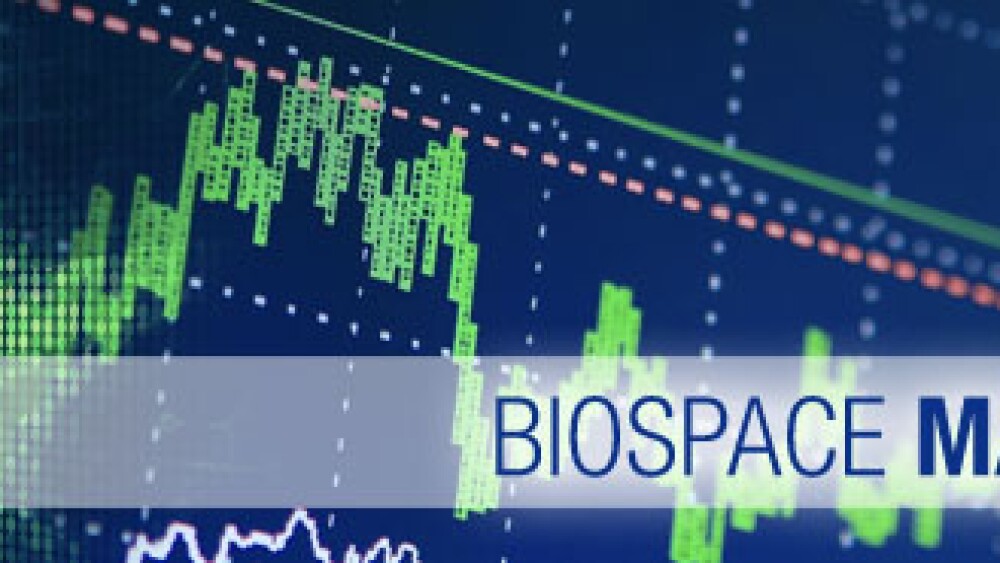April 21, 2015
By Riley McDermid, BioSpace.com Breaking News Sr. Editor
Biotech darling Gilead Sciences, Inc. should buy scrappy competitor Vertex Pharmaceuticals Incorporated for its booming cystic fibrosis drug franchise for $45 billion, said Geoffrey Porges, a biotech analyst at Sanford Bernstein, in a note to investors Tuesday.
The note, titled “It’s Time! Why Gilead Should Pull the Trigger on a $45bn Bid for Vertex…and Why Both Stocks Should Go Up,” argues that Gilead’s marriage to Vertex would solve lingering doubts about the company’s long-term revenue prospects. Many investors remain mystified as to what Gilead’s management has in store and Porges would like them to consider a major bolt-on buy like Vertex.
“Many investors remain heavily exposed to mid and large cap biotech stocks, in part, for the potential for significant additional M&A,” he wrote. “In today’s note we tackle the elephant in the room for the sector, which is what Gilead’s management might buy.”
Porges argues that Gilead, although successful in the near-term with its blockbuster pipeline, needs to be putting in place long-term plans to keep its franchise alive and well. Gilead has struggled to keep up with a booming biotech sector in the capital markets, primarily because Wall Street remains concerned that competition for its keystone HIV and hepatitis C drug franchises could eventually be its demise.
“[Gilead] needs the promise or high probability of an incremental $5-7 billion of revenue to reassure investors about their future outlook, and ideally any investment would add optionality for even higher revenue should upside scenarios play out,” wrote Porges.
A merger with Vertex “makes the most sense, because its future is wholly dependent on CF [cystic fibrosis], where Gilead already has a product (Cayston) and commercial infrastructure.”
Porges said that $45 billion would be the ideal sweet spot for any buy of Vertex, which could use its recent share gain to lock in a solid deal price.
“With a 50 percent premium over Vertex’s recent stock price, a $45 billion cash/debt deal would be 7-8 percent dilutive to GILD in 2015, but would be accretive after 2017, assuming 27 percent cost savings. Investors could expect Gilead’s stock to re-rate to $130-140 near term,” he said.
“Gilead has tremendous cash flow and debt capacity, and needs what we think will be $5-7 billion in incremental revenue by 2020,” wrote Porges. “There is a paucity of such assets available, and Vertex has by far the best profile and has significant complementarity to Gilead.”
But whatever Gilead does do, it needs to do it fast: Porges’s note estimates that Gilead will hemorrhage 30-40 percent of its revenue between 2017 and 2021.
“Given Merck’s (MRK) timeline for entering the HCV market (we think early to mid-2016), and the disruption they may cause from aggressive contracting, we think the time for Gilead to move on such transactions is this year,” Porges writes. “Our conversations with investors suggest that many of them feel the same way, and wonder why Gilead is taking so long to make such moves given their strong balance sheet, prodigious cash flow, unmistakable need (and mediocre multiple).”





